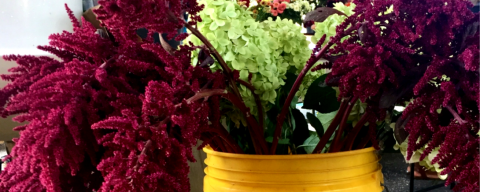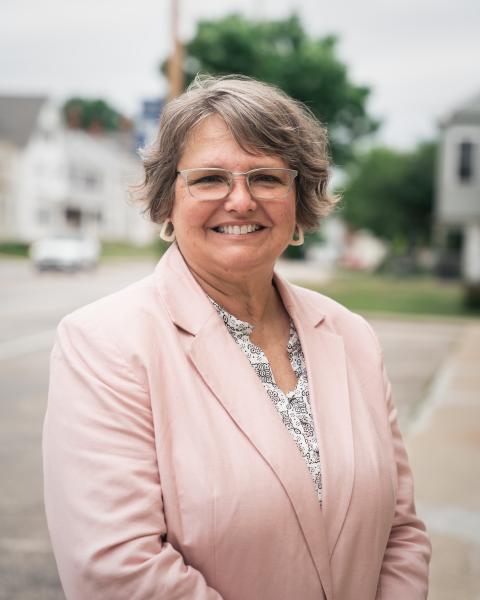Main Street: What’s Next?
People take pride in their main street. It is highly valued as the heart of the community and a symbol of history, character, community values and economic vitality
Main street has been hard hit by the pandemic. Small, often locally owned businesses have been shuttered. Community activity and vibrancy has been lost to the priority of community health through our much-needed stay at home orders. This upheaval has been abrupt and on a scale we have not experienced before. We can learn from the experiences of communities responding to floods, hurricanes, mill closures and market shifts but this experience is different – we are in new, uncharted territory.
We know that things will be different. Some businesses will be back, some will be new or different and some will not survive. The way we use our public space is likely to change as we practice social distancing and see a new appreciation and discovery of our trails, parks and rivers. Demand for office space and housing needs are likely to change. There will be a need for financial investment and as important will be leadership, vision, engagement, volunteerism and action planning.
Communities can get started on recovery and rebuilding as this period allows observation and information gathering. Consider some of these efforts:
1. Connect with businesses and build relationships. Learn about immediate and future needs and share potential resources. Listen to businesses about what they need from the community. Look for emerging entrepreneurs and invite them to main street. Get to know the people behind the businesses and find ways to support them.
2. Gather information and focus on your assets. Inventory your buildings, commercial space, buildable land and natural resources. Identify financial resources and organizations pitching in during the crisis. These are assets that are a part of your economic infrastructure. Having this data will help you prepare for the impacts and plan for the future.
3. Look for new leaders and volunteers. Notice (and thank) those who have given to support your community during this pause. People may want to volunteer while they wait to return to work or work from home. Rebuilding will need the leaders and the doers to get it done.
4. Observe how your main street is being used during the shutdown and gradual re-opening. We are seeing new curbside pick-up and short-term parking with take out. What is different and surprises you about how the streets and parking are being used? Review your regulations for modification to accommodate positive changes.
5. Maintain community during social distancing. We have seen car parades and more people walking. Imagine new ways to use the sidewalks, streets and green spaces while keeping a distance. Be open to new types of activity which creates vibrancy and a sense of community. Connecting downtown is important to people and adds to quality of life.
6. Beautify main street by making it look clean and attractive. Include art and creative efforts to add color and life. Plant flowers. You may need to encourage individual efforts and avoid group projects or have groups stagger their efforts. Spruce up the place – people take great pride in the look of their main street.
7. Welcome new ideas. Consider what the next generation thinks about your town and how they, as future leaders, may think about things differently having experienced the pandemic. Embrace their ideas and encourage their involvement.
8. Engage your community in ways that still honor physical distancing. Your community members have ideas about rebuilding main street. Now is the time to call and talk to people. Get some new voices into the discussion. Develop a community survey. Host a focus group via Zoom. Post questions on your social media or website.
9. Examine changes to local decision-making. Reflect on what is missed about in-person public meetings and what is enhanced with online versions. This may be the chance to re-invent or better embrace our public decision-making process.
10. Be patient. It likely took a long time to develop your downtown and it will take some time to rebuild. What is next will be hard, but over time we will bring back our economic health and community vitality.

